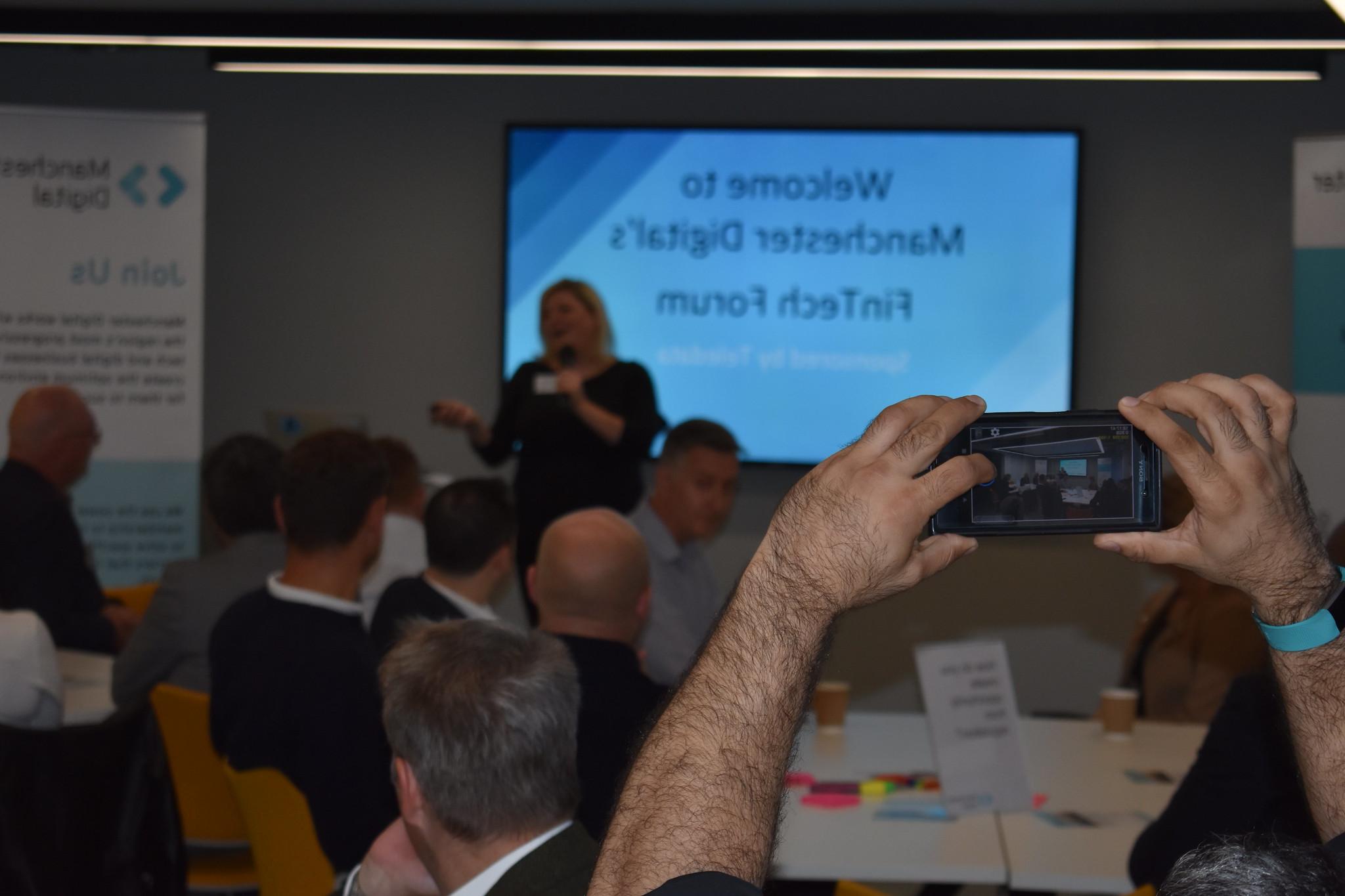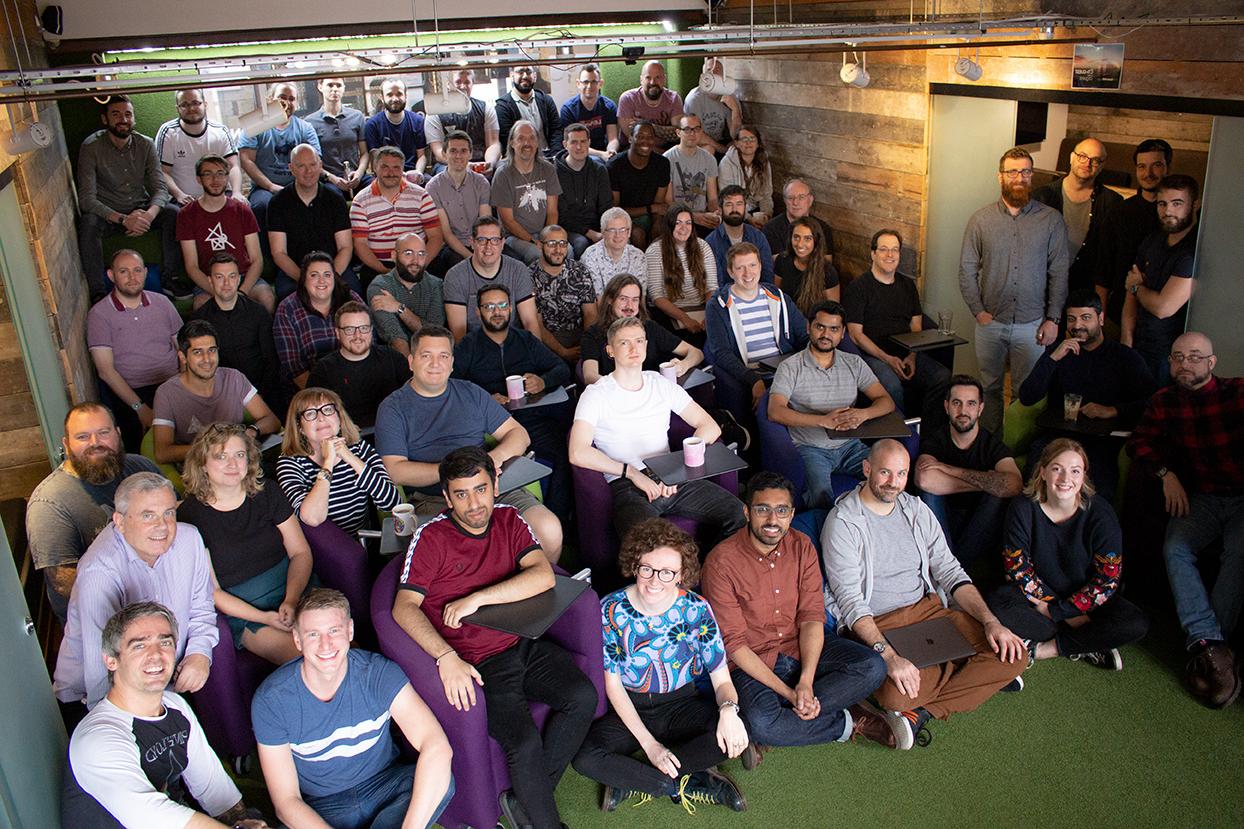
FinTech services have traditionally operated on the premise that past long-term consumer behaviour is a key indicator of future financial performance.
This past year has been a game changer for society in general, the impact of the pandemic has affected consumers finances and continues to cause complex instability.
Here are five triggers from the past year that have changed financial attitudes and created an environment of ever-changing unpredictable behaviour.
1 对比情况的两个方面
不幸的是, 酒店等暴露行业的消费者, retail and travel have been made redundant or put on furlough. Under financial stress and worried about their future, they’re having to cut their spending in order to make ends meet.
On the other side of circumstances, many have had no change in their income. Even those who have kept their jobs are spending less, anxious about their job security and financial future. Many are building cash reserves to cover for redundancies or increasing retirement savings.
2 我们无法预测顾客的行为
The pandemic has taught us that consumers are likely to pivot between these two contrasting patterns of circumstances without notice.
Whilst it is impossible to predict if these changes will last once lockdowns end and the pandemic dissipates, 金融科技服务将不得不做出反应, 识别经济上的弱势群体, 提供指导 & 同理心. Consumers will build trust based on the response to their ever-changing situation, 因为许多人在2019冠状病毒病后开始站稳脚跟, they will expect extended support and flexibility from their banks.
3 对金钱的思考更长远
To improve our understanding of how consumers make financial decisions, it’s important to investigate what psychological characteristics influence individual financial behaviour.
目前的确定性有限, but one thing is for sure: Consumers have more time to think. Analysing and questioning previous spending habits that once seemed logical, many have changed the way they think about their future earnings. Increasing their self-control, shifting their money thinking to long term savings and security.
4 在家办公
The professional life of workers with a stable income has changed, they’re spending a lot less. Whilst daily commutes differ depending on location and distance, 他们倾向于遵循类似的消费模式. Some commuters are saving up to £6k on rail season tickets, whilst also avoiding other temptations: a daily morning coffee £3, 随便吃点午餐,6英镑, 周五下班后喝一杯,15英镑.
Whilst we can safely assume that employers will trust employees to work from home more regularly, it isn’t possible to predict if and when workforces are going to flood back to urban centres seeking out their offices again as opposed to spare rooms.
5 锁定脉冲
Most parts of the country have been under restrictions for the best part a year, with the north of England in a never-ending form of tiered lockdown. How can consumers maintain spending impulses when Covid-19 restrictions have taken away the ability to spend even if they’d like to: shops, 酒吧, 餐厅 and entertainment venues have all been closed.
Will consumers liberate a new dawn of spending once we emerge from lockdown? 将戏剧的, 酒吧, 餐厅, sports events and hotels be fully booked with consumers together again and embracing a lust for life?
数据学习脱颖而出
There is a challenge for FinTech services to react to these triggers in real time, data machine learning models will need to be harnessed to effectively analyse patterns and understand a customer’s situation.
This data insight will be used to better understand a customer’s individual situation and support them in finding resources, gaining confidence and taking control of their finances.
来总结, the pandemic means that FinTech services won’t be able to rely solely on previous consumer behaviour; data and technology will come to the fore to provide personalised and responsible banking to support individual customer centric needs.
 本品牌
本品牌
高级用户体验顾问









